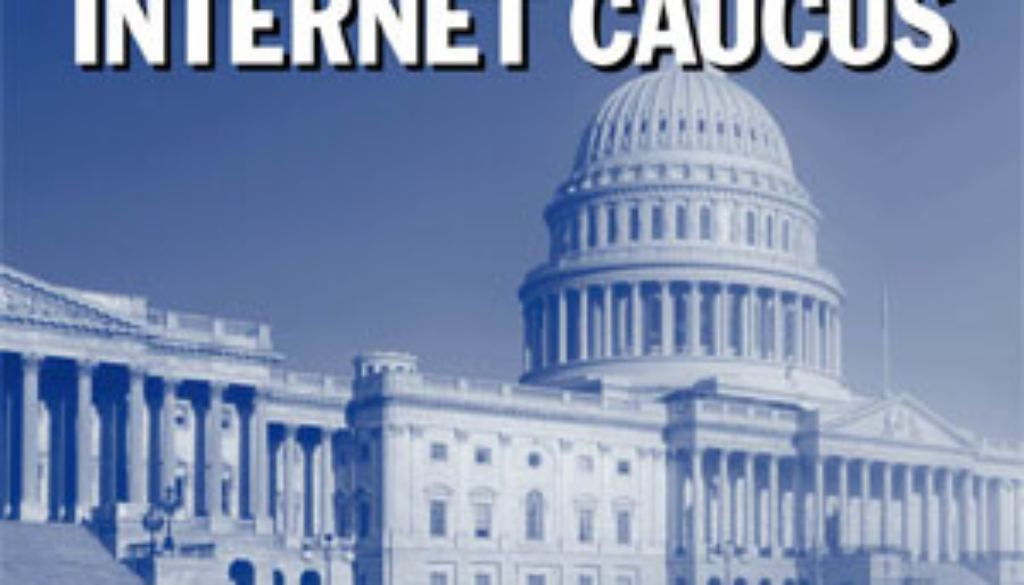Taylor Swift or Congress? Who Has More Power in the Digital Music Streaming Marketplace?
Date:Friday, July 17, 2015
Details:
Did you know Congress is a major player in the music streaming business? Really, Taylor Swift and Apple have nothing on the House and Senate. Congress has been at the policy turntables a long time making key decisions on how music is distributed through every new medium from radio to cable, satellite, and the Internet.
In the mid-1990s, Congress crafted a law that determined how licensing and royalty rates would be set for digital music streaming. As a result, the same song played in Pandora, Spotify, and on FM radio is governed three different ways.
The current system is a complicated patchwork of laws and court rulings cobbled-together to govern most of the music played on your computer, phone, and tablet. This complex legal framework means almost no one has a clear understanding of how the rules work or what powers Congress has in the digital music marketplace.
With more and more people streaming their music, “Everything Has Changed” in the music marketplace. The one thing most people can agree on is that this complicated patchwork of rules needs an update.
Our expert panelists will provide an educational background on the law and policy shaping digital music streaming. This panel is intended to give you a basic understanding of how the Internet music marketplace works, how we got here, who gets to set the price on what to pay for a play, and what it all means for Congress and their constituents — like Taylor Swift.
Speakers:
- Kevin Erickson, Communications and Outreach Manager, Future of Music Coalition (Bio)
- Alec French, Founder and Principal, Thorsen French Advocacy LLC (Bio)
- Tim Lordan, Executive Director, Congressional Internet Caucus Advisory Committee (moderator)
- Julia Massimino, Vice President, Global Public Policy, SoundExchange (Bio)
- Jon Potter, President and Co-Founder, Application Developers Alliance (Bio)

